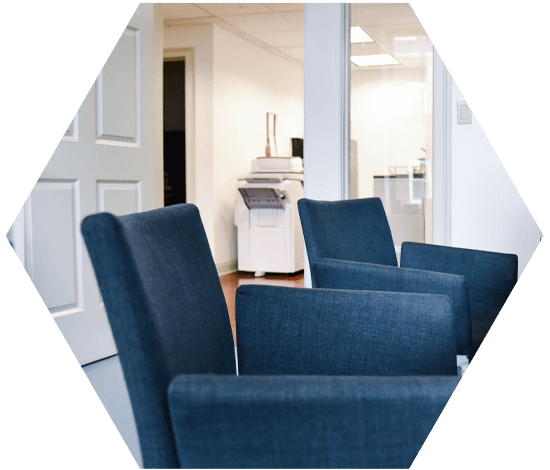Divorce FAQs
Frequently Asked Questions
About NJ Divorce
Divorce not only involves the decision to end your marriage, but it also requires making other crucial decisions, such as how to divide assets equitably between you and your spouse and how each party will be supported during and after the divorce. Click the links below for answers to some frequently asked questions regarding divorce.
Table of Contents
If my spouse has control of the family finances, how does this affect my participation in the divorce process?
The court does not allow either party to be at a disadvantage in the legal process due to control over money. Both parties are entitled to be on equal ground when litigating their divorce matter. In the event that control is a significant hindrance to level playing fields, either party may make an application to the court during the divorce process to solve the problem.
For more information on this topic, please view our blog post here.


What do I do if I don’t have access to the financial information about our family or my spouse’s business?
The court provides for the sharing of information in a divorce during the process known as “discovery.” The discovery process requires the production of documentation and information regarding income, assets, debts, liabilities, real property, etc. If a spouse is uncooperative in providing this information or documentation, there are remedies available to compel the production or to acquire the information from third parties.
Is it necessary to disclose my financial assets to obtain a divorce?
The court requires participation in the discovery process, including the filing of a document known as a case information statement that outlines all income, assets, liabilities and budget considerations for each party. In specific circumstances, there may be more limited discovery options based upon mutual agreement of the parties.


Are any of my assets protected from being divided upon my divorce?
It is possible that certain assets acquired during marriage may be protected from division during the divorce process. Examples of such assets may include inheritance, gifts from third parties and premarital assets. However, determining whether an asset is exempt from division requires a fact-sensitive legal analysis based upon statute, case law and precedent.
For more detailed information regarding this topic, please view our article here.
Are my employment benefits and frequent flyer miles considered marital property?
In most cases, the benefits you have accumulated through your employment during the time you were married are subject to division in a divorce. Your spouse may be entitled to one-half of the value of your pension and 401(k) from the date of marriage until the date of separation or divorce. The same may be true for your unused vacation time and frequent flyer miles.


If my spouse and I cannot agree on the division of certain household items, will we have to litigate the division?
Most divorce court judges and lawyers try to prevent people from litigating the division of household items, because it often costs more in legal fees to fight over those items than it would to buy new ones. However, if you and your spouse cannot agree, it is likely you will need to litigate the issue, because the division of your assets will not be complete until it is determined who retains what items.
Am I responsible for debts incurred by my spouse if the debt isn’t in my name?
In New Jersey, both the assets and debts of the parties of the marriage are subject to equitable distribution. Marital debts include those incurred by either party during the course of the marriage, especially if the funds were used to support the lifestyle of the family. However, there are certain exceptions. Often third-party creditors will not accept the division of debt, even if it is ordered by the court, because they are not bound by the court order. It may be important during the divorce process to consult with a tax advisor, financial planner and/or forensic accountant to help determine your individual liability, even if the court considers the debt marital. For more information, please see our Other Professionals Involved in Your Case page.


Contact Jacobs Berger, LLC, to work with a divorce lawyer in New Jersey
Jacobs Berger, LLC is a legal practice devoted to litigation and mediation focusing on families. Reach out to our Morristown law office online or call 973-447-3943 to schedule a meeting with one of our lawyers. We are conveniently located at 16 Washington Street, Suite 201, Morristown, NJ 07960. Meetings can, upon consultation and agreement, be arranged at alternate locations.

